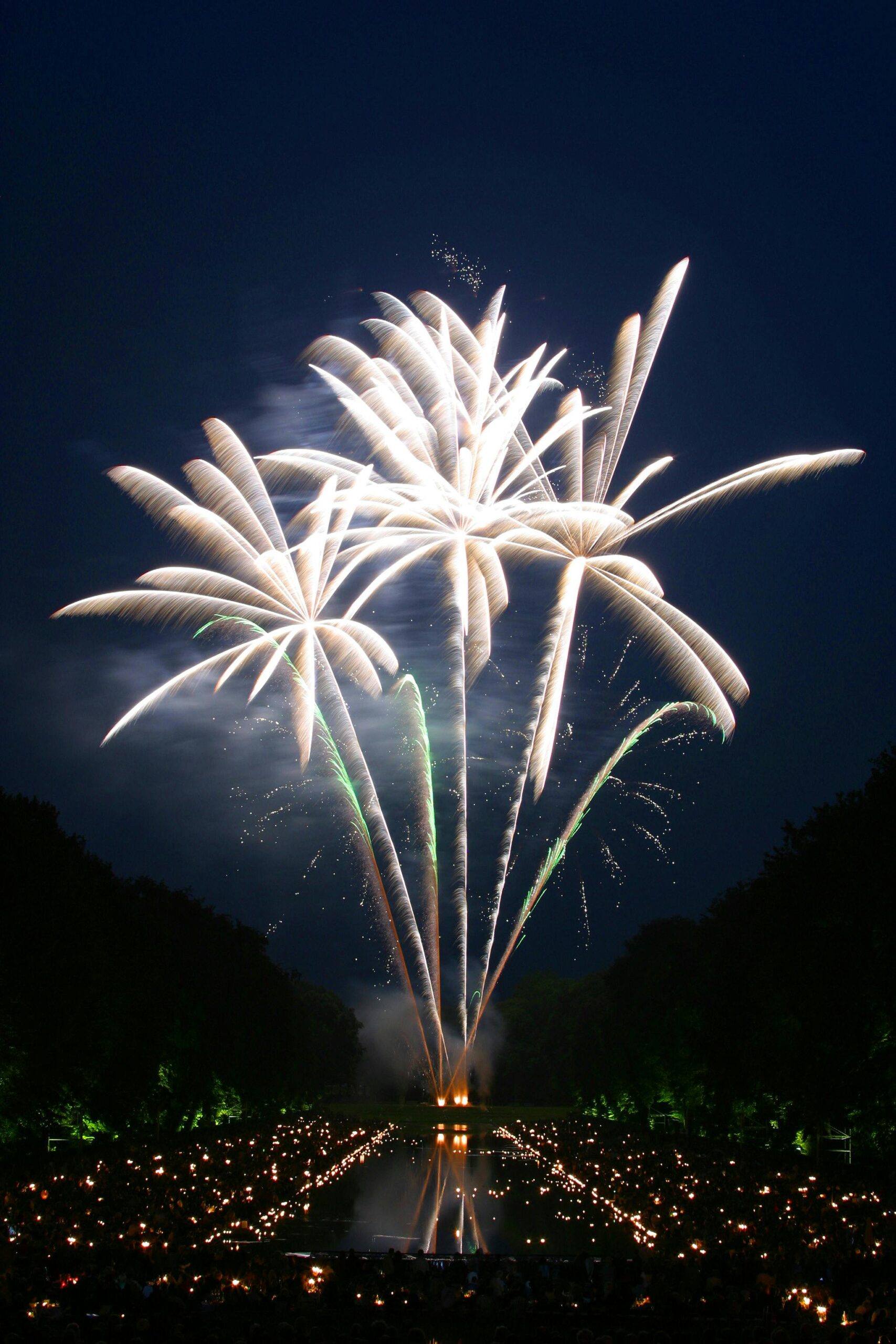Honduras, located in the heart of Central America, is a nation known for its rich cultural heritage, colorful traditions, and lively celebrations. Festivals in Honduras are deeply rooted in history, blending indigenous customs, Spanish colonial influences, and modern traditions. Whether tied to religion, independence, or local culture, Honduran celebrations showcase music, dance, food, and community spirit.
Major Celebrations in Honduras
1. Independence Day (Día de la Independencia) – September 15
Honduras, along with other Central American nations, celebrates its independence from Spain on September 15, 1821. The day is marked with parades, folkloric dances, flag ceremonies, and patriotic songs. Schools, marching bands, and cultural groups participate, making it one of the most vibrant national holidays.
2. Semana Santa (Holy Week)
One of the most important religious events in Honduras is Semana Santa, celebrated in the week leading up to Easter. The cities of Comayagua and Tegucigalpa are famous for their elaborate alfombras de aserrín (carpets made of colored sawdust), which cover the streets in intricate designs depicting biblical scenes. Thousands of visitors gather to witness solemn processions and traditional rituals.
3. Feria Juniana – San Pedro Sula (June Fair)
Held every June in San Pedro Sula, the Feria Juniana is a grand festival honoring San Pedro Apóstol, the city’s patron saint. It includes concerts, traditional dances, parades, rodeos, and carnival rides. This fair attracts both locals and tourists, celebrating modern entertainment alongside traditional customs.
4. La Feria Isidra – La Ceiba Carnival (May)
Known as one of the biggest and most famous celebrations in Central America, the La Ceiba Carnival is held every May in honor of Saint Isidore the Laborer (San Isidro Labrador). The city comes alive with colorful parades, live music, dancing, and street parties. This carnival represents the spirit of Honduran joy and is compared to Rio de Janeiro’s carnival in energy.
5. Garífuna Settlement Day – November 26
The Garífuna people, descendants of African and indigenous populations, are a vital part of Honduras’ cultural identity. On November 26, Garífuna Settlement Day commemorates their arrival on the Caribbean coast in 1797. Celebrations include traditional punta music, drumming, and dance, as well as cultural ceremonies that honor their history and heritage.
6. Christmas and New Year
The holiday season in Honduras is celebrated with warmth and family gatherings. Traditional foods such as tamales, torrejas, and nacatamales are prepared. Fireworks, midnight prayers, and gift exchanges mark Christmas Eve (Nochebuena), while New Year’s Eve is welcomed with music, dancing, and large family feasts.
Cultural Importance of Celebrations
Honduran celebrations are more than just entertainment; they serve as a way to preserve traditions, foster national pride, and strengthen community ties. Each festival reflects a mix of indigenous Lenca traditions, Spanish Catholicism, and Afro-Caribbean culture, making Honduras a country of diverse and vibrant heritage.
Final Thoughts
From the solemn beauty of Semana Santa to the high-energy La Ceiba Carnival, Honduras is a land where celebrations are deeply woven into daily life. These festivals bring people together, honor history, and showcase the joy and resilience of the Honduran people. For travelers and locals alike, participating in these celebrations is one of the best ways to truly experience the cultural heartbeat of Honduras.

